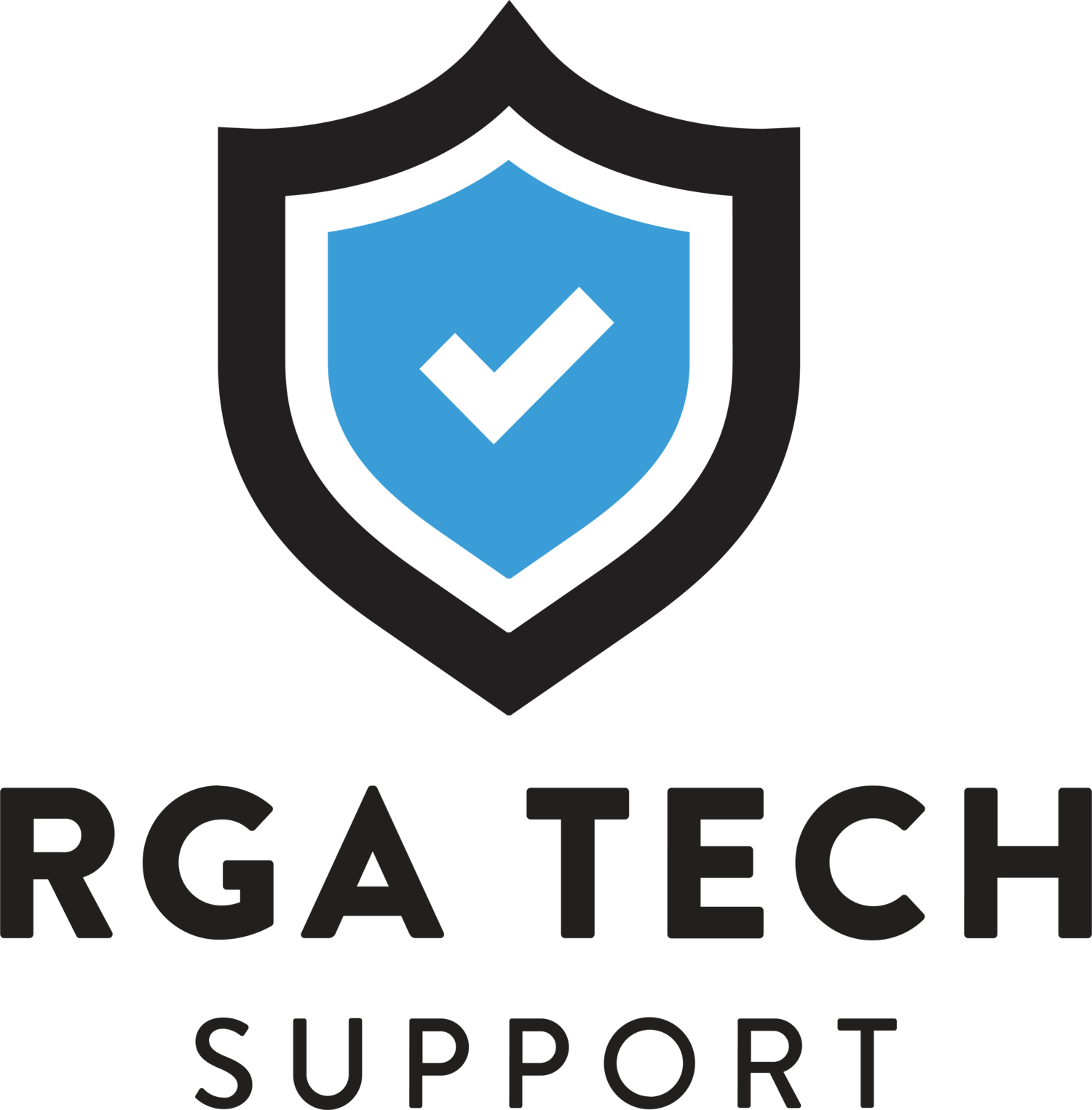Don't Get Hooked: Protect Yourself from Phishing Scams
In today's digital age, phishing scams have become increasingly common and sophisticated, posing a significant threat to individuals and businesses alike. These deceptive attacks often involve fraudulent emails, text messages, or websites designed to trick recipients into divulging sensitive information such as passwords, credit card numbers, or personal data.
Phishing scams can have serious consequences, including identity theft, financial loss, and damage to reputation. However, by staying vigilant and taking proactive measures, you can protect yourself and your organization from falling victim to these scams.
Here are some essential tips to help you avoid phishing scams:
Be wary of unsolicited communications: If you receive an unexpected email, text message, or phone call requesting personal or financial information, proceed with caution. Verify the sender's identity before responding or clicking on any links.
Check for red flags: Phishing emails often contain spelling or grammar errors, generic greetings, and urgent requests for immediate action. Look out for these signs and scrutinize unfamiliar messages carefully.
Verify URLs and email addresses: Before clicking on any links or attachments, hover your mouse over them to preview the destination URL. Be cautious of suspicious or misspelled domain names and email addresses.
Avoid sharing sensitive information: Never provide confidential information such as passwords, account numbers, or social security numbers in response to unsolicited requests. Legitimate organizations will never ask for this information via email or text message.
Use security software: Install reputable antivirus and antimalware software on your devices to detect and block phishing attempts. Keep your software up to date to ensure maximum protection against emerging threats.
Educate yourself and others: Stay informed about the latest phishing techniques and share knowledge with family members, colleagues, and employees. Training and awareness programs can empower individuals to recognize and report phishing attempts effectively.
By following these best practices and remaining vigilant, you can reduce the risk of falling victim to phishing scams and safeguard your personal and financial information. Remember, when it comes to phishing, awareness is your best defense.
Stay safe online!

